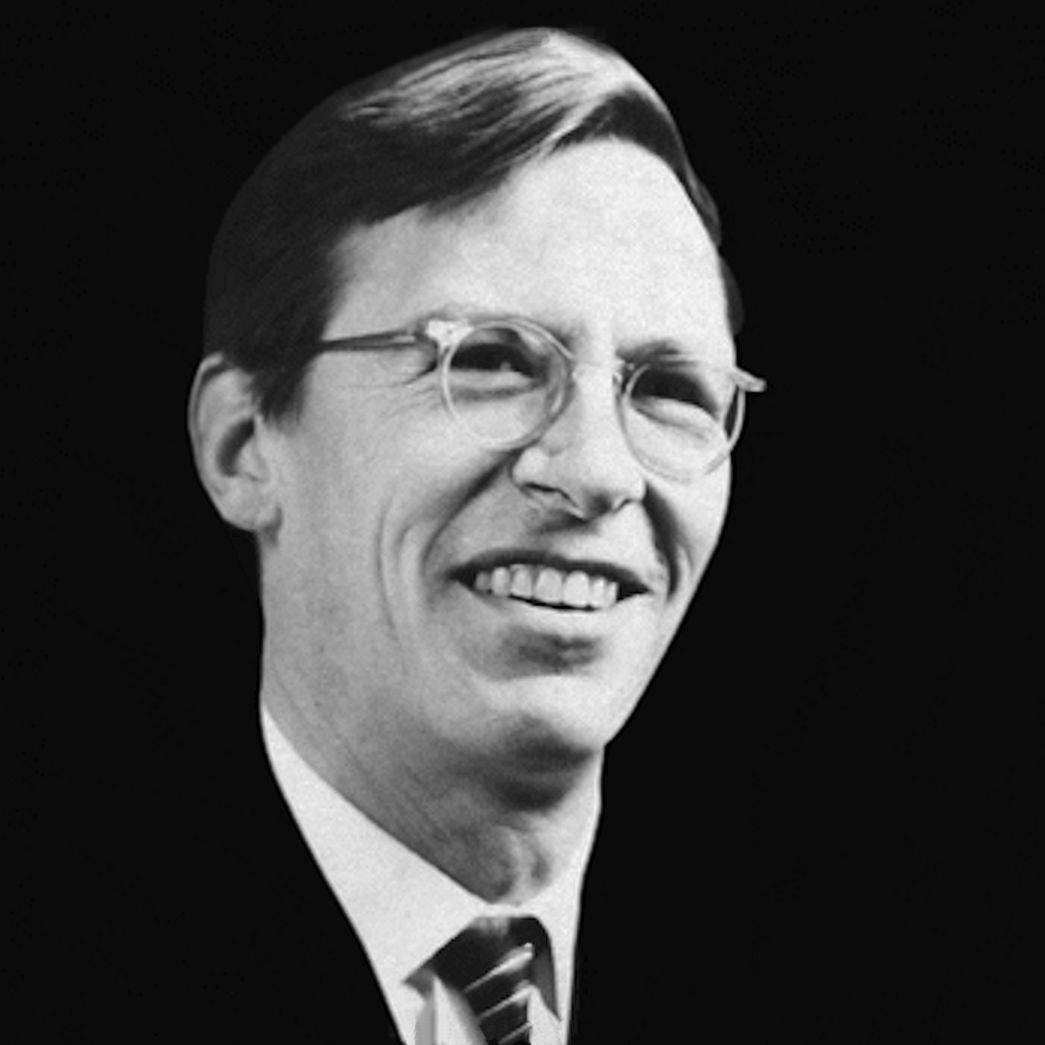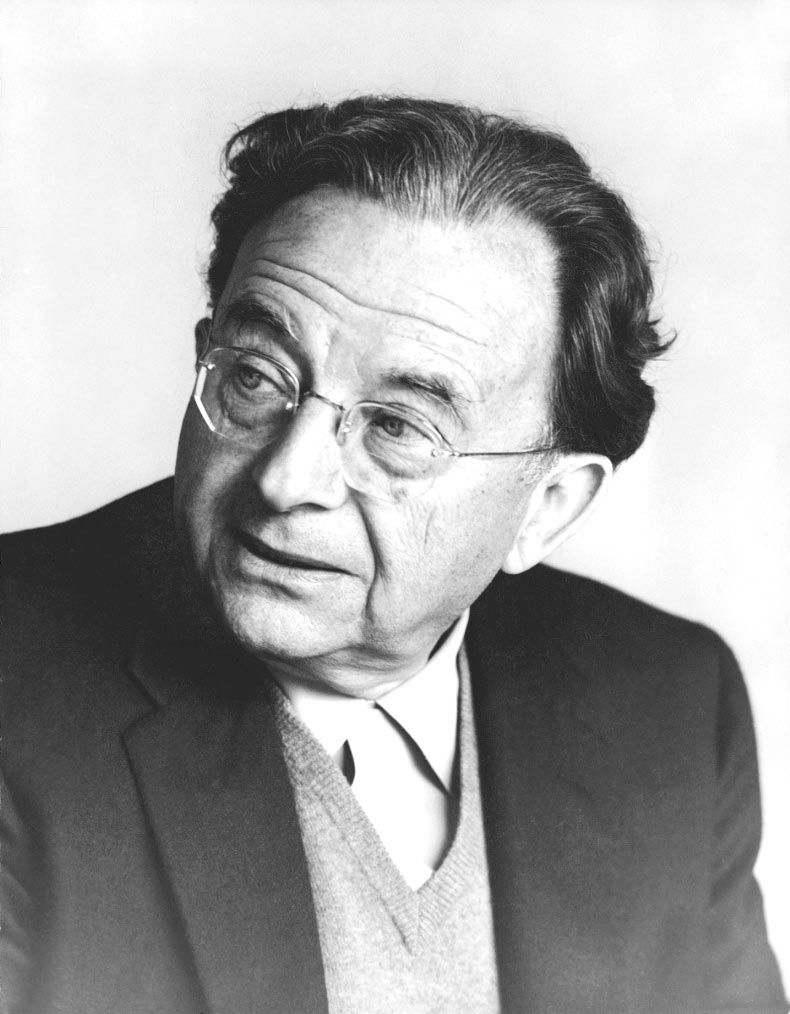Thelonious Monk and John Coltrane: Trinkle Tinkle. 1957
Thelonious Monk: Piano | John Coltrane: Tenor Saxophone | Wilbur Ware: Bass | “Shadow” Wilson: Drums |
Recorded in New York, 1957.
Thelonious Monk: Piano | John Coltrane: Tenor Saxophone | Wilbur Ware: Bass | “Shadow” Wilson: Drums |
Recorded in New York, 1957.
Lou Donaldson: Alto Saxophone | Herman Foster: Piano | Peck Morrison: Bass | Dave Bailey: Drums | Ray Barretto: Congas
Recorded at the Van Gelder Studio, Hackensack, NJ, USA, on July 28, 1958.
Dexter Gordon: Tenor Saxophone | Freddie Hubbard: Trumpet | Horace Parlan: Piano | George Tucker: Bass | Al Harewood: Drums
Recorded at the Rudy Van Gelder Studio, Englewood Cliffs, NJ, USA, May 6, 1961.
Joe Henderson: Tenor Saxophone | Don Friedman: Piano | Ron Carter: Bass | Jack DeJohnette: Drums
Recorded on May 16, 1968 at the Plaza Sound Studios, New York City, USA.
Miles Davis: Trumpet | Bill Evans: Piano | John Coltrane: Tenor Saxophone | Paul Chambers: Double Bass | Jimmy Cobb: Drums. Recorded in April, 1959, New York City, New York.

John Rawls was the only American philosopher of the last century who made a considerable impact on modern debates on ideas of justice and the nature of the welfare state, constitutional, individual liberties, permissible inequalities and political duty/obligation. My first, and I should say only, encounter with Rawls was through the pages of his magnum opus ‘A Theory of Justice‘ (1971/1999) where he posits his principles by which a just society could be given direction – that there must be basic liberties (of faith, association, speech etc.) and that the perceived and palpable inequalities that inevitably arise from liberty are so organised to bring maximum benefit to the worst off, and that includes vital equality of opportunity. As a political philosopher, Rawls was certainly influenced by the earlier social contract theories of John Locke and Jean-Jacques Rousseau, in which citizens willingly give up some of their liberties in return for state protection and order. Rawls states his ‘priority rule’ thus: “a less extensive liberty must strengthen the total system of liberty shared by all.” Another ‘priority rule’ is that equal opportunity is more vital than heading towards a certain totality-of-society outcome, or what a (paternalistic) government may believe is for the good of the citizens of a nation. Read More…
Kenny Burrell: Guitar | Stanley Turrentine: Tenor Saxophone | Major Holley Jr.: Bass | Bill English: Drums | Ray Barretto: Congas
Recorded at the Van Gelder Studio, Englewood Cliffs, New Jersey, USA in April,1963.

My first brush with the north African philosopher-thinker of the ‘Middle Ages’, Ibn Khaldūn, was at the Universidad de Sevilla in España, intrigued as I have always been, with the circumstances and the contexts of the rise and fall of civilizations. With Andalusian and Yemenite Arab roots, Ibn Khaldūn was ‘Tunisian’ by birth, and his extensive and ground breaking work out of north Africa during the ‘Middle Ages’ was discovered by the occident much later. This belated discovery could probably be partially attributed to barriers of language, along with, I suppose, a degree of disdain and intellectual suspicion of that which is non-occidental. Having said that, it is only in retrospect that we can appreciate Ibn Khaldūn’s remarkable contributions to the foundations of a scientific study of society and civilization. Read More…
Acoustic Guitar, Acoustic Guitar Percussion, Vocals: Jon Gomm. Recorded at the Northern Film School, Leeds, UK. September, 2011.

One of the ‘lesser’ figures of the Frankfurt School of critical theory, psychoanalyst and social theorist Dr. Erich Fromm was certainly one of the most accessible – I did find his ‘To Have or to Be?’ and ‘Escape from Freedom’ lucid reads, with much less of deciphering to engage with. As a person of orthodox Jewish faith fleeing Nazi persecution in the 1930s (like many other intellectuals of the Frankfurt school, and like political theorist Hannah Arendt), Fromm began studying and theorizing about the nature of human freedom, equality, mass industrial society, consumption and happiness. His work throughout was broadly enveloped in a Marxian humanistic democratic spirit, and his general distaste for warfare and mass manipulation of a bureaucratized society, finds voice in many a page of his publications. Read More…